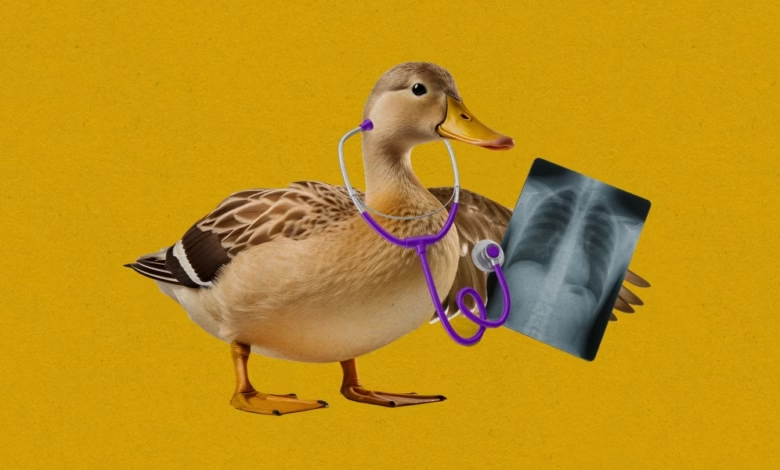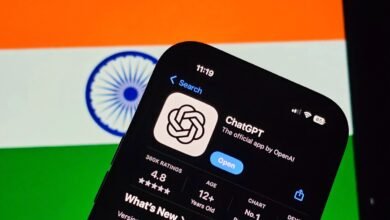AI Chatbots No Longer Warn They’re Not Doctors

▼ Summary
– A study found AI models in 2025 included medical disclaimers in fewer than 1% of outputs, down from over 26% in 2022, raising concerns about potential harm.
– Users often bypass AI disclaimers by framing medical queries as fictional scenarios, such as movie scripts or school assignments.
– Disclaimers serve as critical reminders that AI models are not qualified for medical care, countering misleading media claims about AI outperforming doctors.
– AI companies like OpenAI and Anthropic did not confirm if they reduced disclaimers but emphasized their terms of service discourage medical use of outputs.
– Removing disclaimers may boost user trust and engagement, but risks increasing reliance on potentially inaccurate AI medical advice.
AI chatbots are increasingly dropping medical disclaimers, raising concerns about potential risks as users rely on them for health advice. A recent study analyzing responses from 15 major AI models revealed a sharp decline in warnings about the limitations of AI-generated medical information. Where disclaimers once appeared in over a quarter of responses just a few years ago, they now show up in fewer than 1% of cases.
Researchers tested these models, including those from OpenAI, Google, and Anthropic, by posing hundreds of health-related questions and submitting medical images for analysis. The findings suggest a troubling trend: AI systems are becoming less transparent about their inability to provide professional medical guidance. While some users actively seek ways to bypass built-in safeguards, experts warn that the absence of clear warnings could lead to dangerous misunderstandings.
Dr. Roxana Daneshjou, a Stanford dermatologist and coauthor of the study, emphasizes that disclaimers play a critical role in managing expectations. “Patients might assume AI is more reliable than it actually is, especially with media hype suggesting these tools outperform doctors,” she explains. Without proper warnings, individuals could misinterpret AI responses as definitive medical advice, potentially putting their health at risk.
When questioned, major AI developers offered vague responses. OpenAI referenced its terms of service, which state that its outputs shouldn’t replace professional diagnosis, while Anthropic noted its model, Claude, is designed to avoid medical claims. Neither confirmed whether disclaimers were intentionally reduced.
Some analysts speculate that companies may be minimizing warnings to make their products seem more trustworthy. “Removing disclaimers could encourage wider adoption, but it also downplays the risks of inaccurate or misleading information,” says MIT researcher Pat Pataranutaporn. As AI chatbots evolve, the balance between user engagement and ethical responsibility remains a pressing challenge.
(Source: Technology Review)





